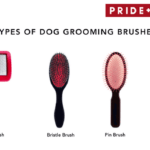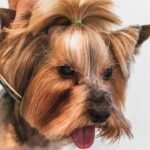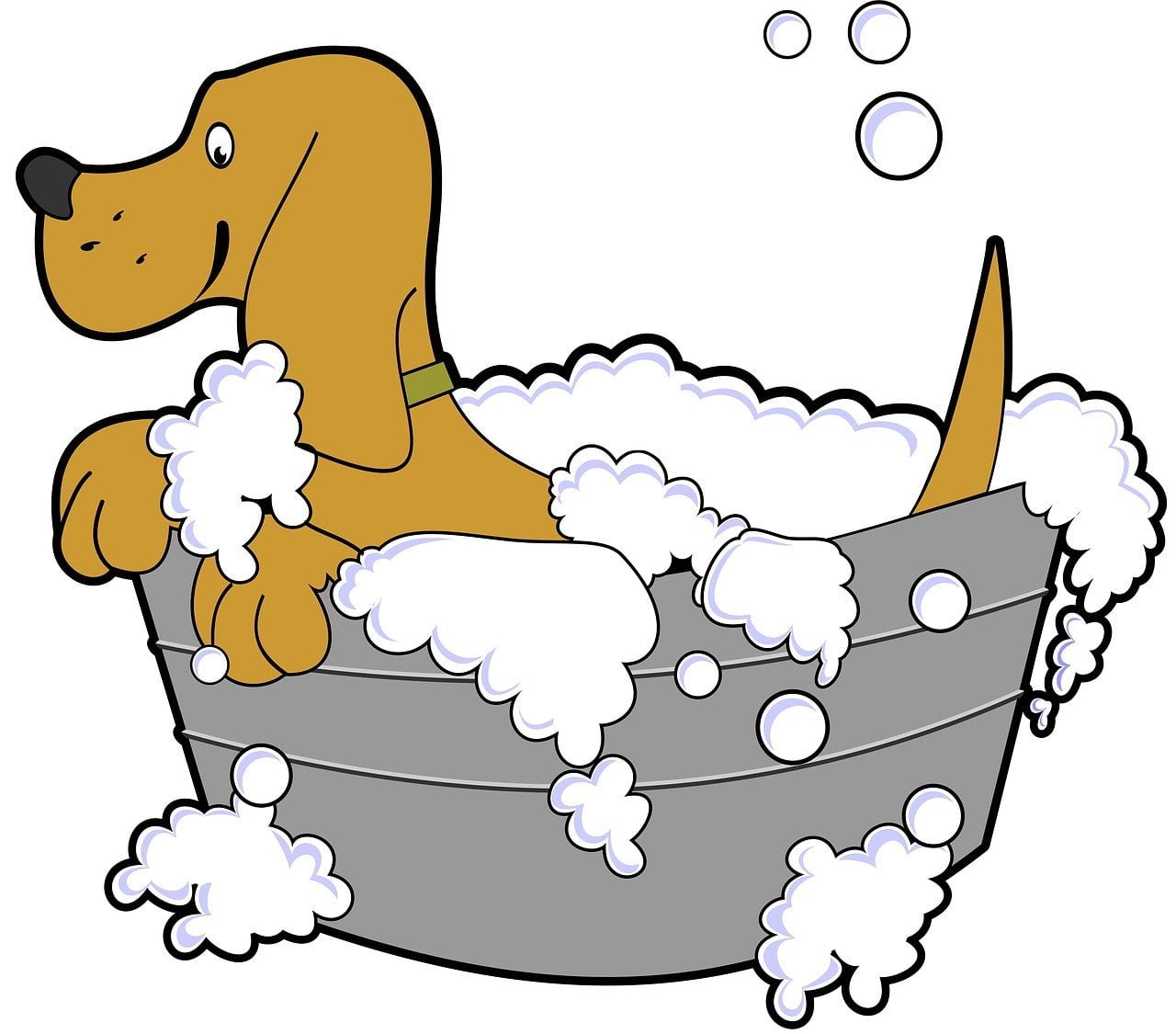
When it comes to keeping your short-haired canine companion looking and feeling their best, choosing the right grooming tools can make all the difference. In this guide, “Best Grooming Tools for Short-Haired Breeds,” you’ll discover the top products that not only help maintain a sleek, shiny coat but also support your dog’s overall health and well-being. We’ll dive into essentials like high-quality brushes, deshedding tools, and other grooming must-haves recommended by veterinarians to ensure your pet stays comfortable and healthy. Whether you have a young pup or a seasoned senior, these grooming tools are designed to assist in maintaining healthy skin and coat, contributing to the holistic wellness of your beloved furry friend. Have you ever wondered what the best grooming tools are for short-haired dog breeds? Grooming your furry friend is more than just a task; it’s a bonding experience that can also significantly impact your dog’s health and well-being. Whether you’re a veteran dog owner or a newbie, having the right tools can make all the difference. So let’s dive into the world of grooming tools and find out what works best for your short-haired canine companion!
Understanding Short-Haired Breeds
Short-haired breeds are loved for their sleek appearance and less intensive grooming needs compared to their long-haired counterparts. However, this does not mean grooming should be neglected. Regular grooming can help maintain healthy skin and coat, monitor for possible health concerns, and give your dog the comfort they need.
What Defines a Short-Haired Breed?
Short-haired dogs have fur that is less than an inch long. This includes breeds like Boxers, Beagles, Bulldogs, and Dalmatians. Their hair may not be tangled easily, but it still requires regular attention for shedding, skin health, and overall cleanliness.
Benefits of Grooming Short-Haired Breeds
Regular grooming can help you detect early signs of health issues such as lumps, rashes, or parasites. It also helps to remove dead hair, prevent skin issues, and distribute natural oils across the coat, all contributing to a shiny, healthy appearance.
Essential Grooming Tools
There are a few staple grooming tools every dog owner should consider investing in. Here’s a breakdown of some of the must-haves for short-haired breeds:
Slicker Brush
A slicker brush is excellent for removing loose hair and preventing mats and tangles. It has fine, short wires close together that help in dealing with difficult tangles and to keep the coat sleek.
Bristle Brush
A bristle brush is perfect for removing loose hair and dirt from the coat. It works wonders in distributing natural oils, giving your dog a shiny and healthy coat.
Grooming Gloves
Grooming gloves are an excellent option for dogs that get nervous easily. They work like a brush but provide the comforting touch of your hand. These gloves help remove loose fur and dirt, and they can also offer a relaxing massage to your dog.
Shedding Blade
If your short-haired breed tends to shed a lot, a shedding blade can be your best friend. It consists of a metal strip with small teeth that catch loose fur without damaging the coat.
Nail Clippers
Proper nail care is crucial for your dog’s comfort and health. Long nails can cause pain and even lead to infections. Invest in a good pair of nail clippers designed specifically for dogs.
Dog Toothbrush and Toothpaste
Dental health is a critical component of your dog’s overall well-being. Brushing your dog’s teeth regularly can prevent dental diseases. Use a dog-specific toothbrush and toothpaste for best results.
Ear Cleaners
Cleaning your dog’s ears can prevent ear infections and build-up of wax. Special dog ear cleaners are designed to gently clean without irritating the ear canal.
Shampoo and Conditioner
Always choose a gentle, dog-specific shampoo and conditioner, free from harsh chemicals. These products should be tailored to your dog’s skin type and any specific needs they might have.
| Tool | Purpose | Why It’s Important |
|---|---|---|
| Slicker Brush | Remove loose hair, prevent mats | Keeps coat sleek and mat-free |
| Bristle Brush | Remove loose hair and dirt | Distributes natural oils, adds shine |
| Grooming Gloves | Remove loose fur, massage | Comforts anxious dogs, makes grooming enjoyable |
| Shedding Blade | Remove loose fur | Helps with excessive shedding |
| Nail Clippers | Trim dog’s nails | Prevent pain and infections from long nails |
| Dog Toothbrush/Toothpaste | Oral health care | Prevents dental diseases |
| Ear Cleaners | Clean ears | Prevents ear infections |
| Shampoo/Conditioner | Clean and moisturize coat | Keeps skin and coat healthy, free from irritation |
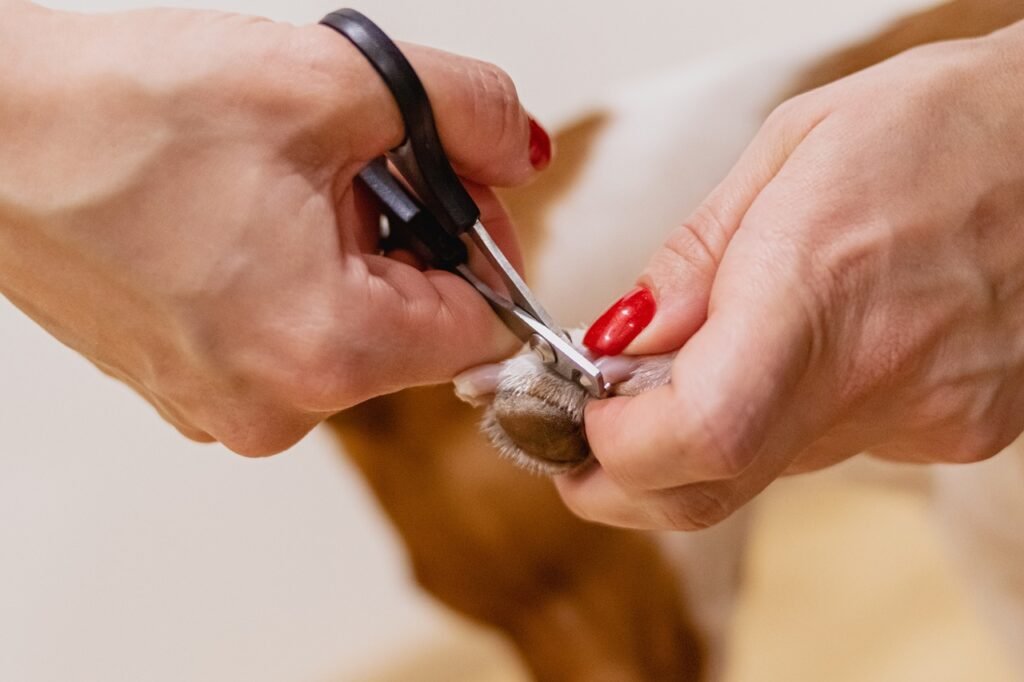
Specialized Tips for Grooming
Frequency of Grooming
How often should you groom your short-haired breed? For most, a weekly grooming session is sufficient. However, during shedding seasons, you might need to increase this to multiple times a week to manage the excess hair.
Bathing Your Short-Haired Breed
Short-haired dogs usually don’t require frequent baths. Once every month or two should suffice unless they get exceptionally dirty. Overbathing can strip natural oils from their coat, leading to dry skin.
Paying Attention to Shedding
Short-haired dogs do shed, sometimes surprisingly heavily. Regular brushing can help manage this and prevent your house from being covered in dog hair. Using tools like the shedding blade or grooming gloves can be especially effective in controlling shedding.
Nail Care
Trimming your dog’s nails regularly is an essential aspect of grooming. If you hear your dog’s nails clicking on the floor, it’s time for a trim. Be cautious not to cut too close to the quick, which can cause pain and bleeding.
Dental Health
Poor dental hygiene can lead to serious health problems, including heart disease. Brushing your dog’s teeth several times a week is ideal. If your dog resists, dental chews can also help in maintaining oral health.
Dog Health Products to Consider
Canine Wellness Supplements
Just like us, dogs also benefit from supplements. Canine wellness supplements can support various aspects of your dog’s health, from skin and coat health to joint and immune system support.
Natural Dog Remedies
There are several natural remedies available to address common dog issues, such as anxiety, digestive problems, and minor infections. These can be helpful as part of a holistic approach to your dog’s health.
Dog Vitamins and Supplements
Consult with your veterinarian to determine if your dog might benefit from additional vitamins or supplements. Some common additives include omega-3 fatty acids for skin and coat health, glucosamine and chondroitin for joint health, and probiotics for digestive health.
| Supplement Type | Purpose |
|---|---|
| Omega-3 Fatty Acids | Enhances skin and coat health |
| Glucosamine and Chondroitin | Supports joint health and mobility |
| Probiotics | Improves digestive health |
| Multivitamins | Complements diet for overall health |
| Natural Remedies | Addresses specific issues like anxiety or minor infections |
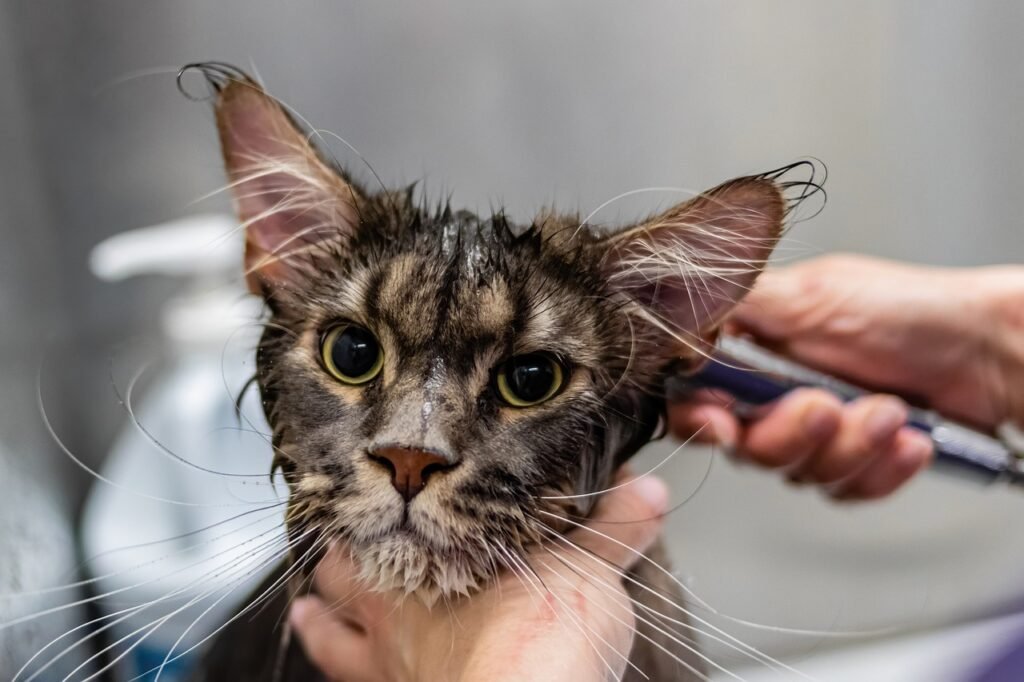
Consulting Your Veterinarian
Importance of Professional Guidance
Always consult your veterinarian before introducing any new products or routines into your dog’s care. Your vet can provide valuable insights tailored to your dog’s specific health needs and conditions.
Regular Health Check-Ups
Regular veterinary check-ups are essential for keeping your dog healthy. During these visits, your vet can help monitor your dog’s overall health and catch any potential issues early.
Grooming as a Bonding Experience
Building Trust and Comfort
Grooming is not just about maintaining your dog’s physical appearance; it’s an opportunity to build trust and strengthen your bond. Many dogs find grooming soothing and enjoy the one-on-one attention.
Making Grooming Enjoyable
Try to make grooming sessions enjoyable for your dog. Use positive reinforcement, like treats and praise, to associate grooming with positive experiences.
Recognizing Your Dog’s Comfort Level
Each dog is different. Some may love grooming, while others may need time to get used to it. Be patient and attentive to your dog’s signals and needs.
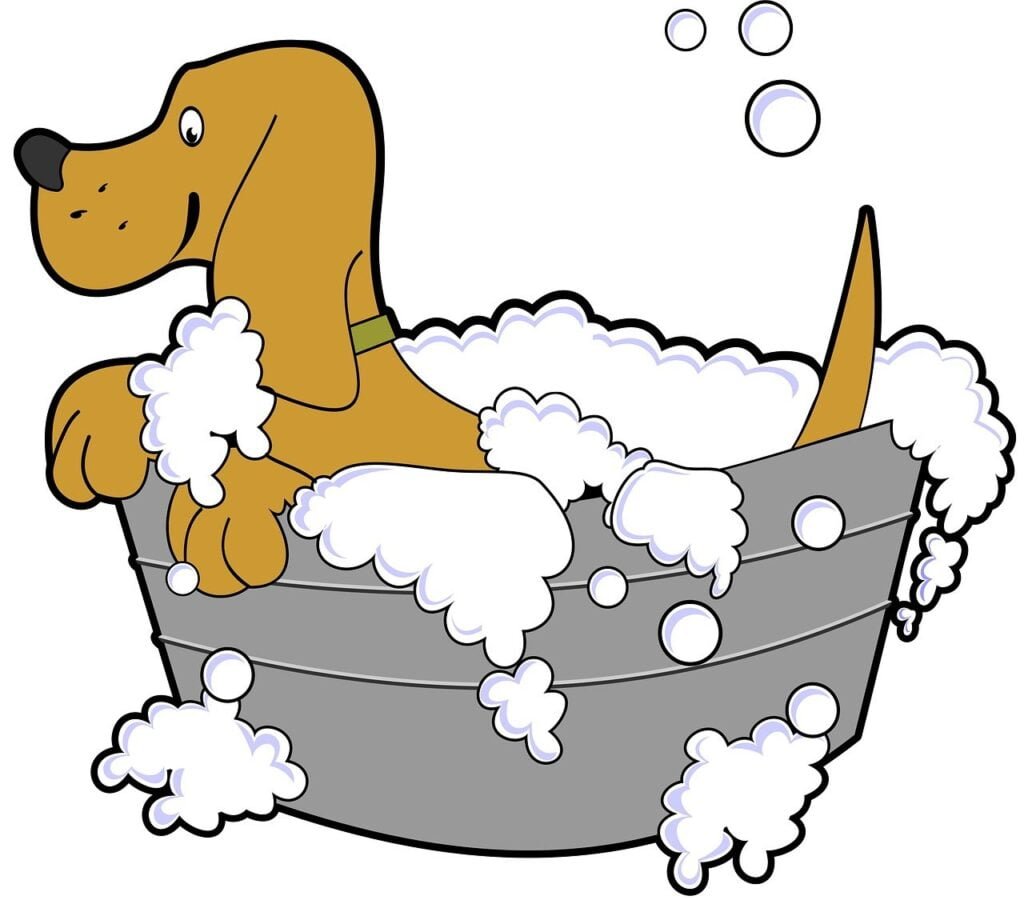
Common Health Issues in Short-Haired Breeds
Skin Allergies and Sensitivities
Short-haired dogs can be more prone to skin allergies due to their thin coat. Regular grooming can help you spot signs of skin irritation early, allowing for prompt treatment.
Dental Issues
As mentioned earlier, dental health is crucial. Short-haired breeds are no exception and can suffer from periodontal disease if their teeth are not cared for properly.
Joint Health
Some short-haired breeds, particularly larger ones, are prone to joint issues as they age. Supplements like glucosamine and chondroitin can support joint health and maintain mobility.
| Health Issue | Signs to Watch For | Possible Solutions |
|---|---|---|
| Skin Allergies | Redness, itching, bumps | Regular grooming, veterinarian check-ups |
| Dental Issues | Bad breath, difficulty eating | Regular brushing, dental chews, vet visits |
| Joint Health | Limping, stiffness, reluctance to move | Joint supplements, regular exercise |
Wrap Up
Owning a short-haired breed comes with its unique set of grooming challenges and rewards. By investing in the right tools and maintaining a regular grooming routine, you can significantly contribute to your dog’s health and happiness. Remember, each grooming session is an opportunity to check for health issues and bond with your furry friend.
Don’t forget to consult your veterinarian for personalized advice tailored to your dog’s specific needs. Happy grooming!
Would you like to explore more about dog health and wellness topics? Feel free to reach out or leave a comment below! Your furry friend deserves the best, and we’re here to help you provide it.


